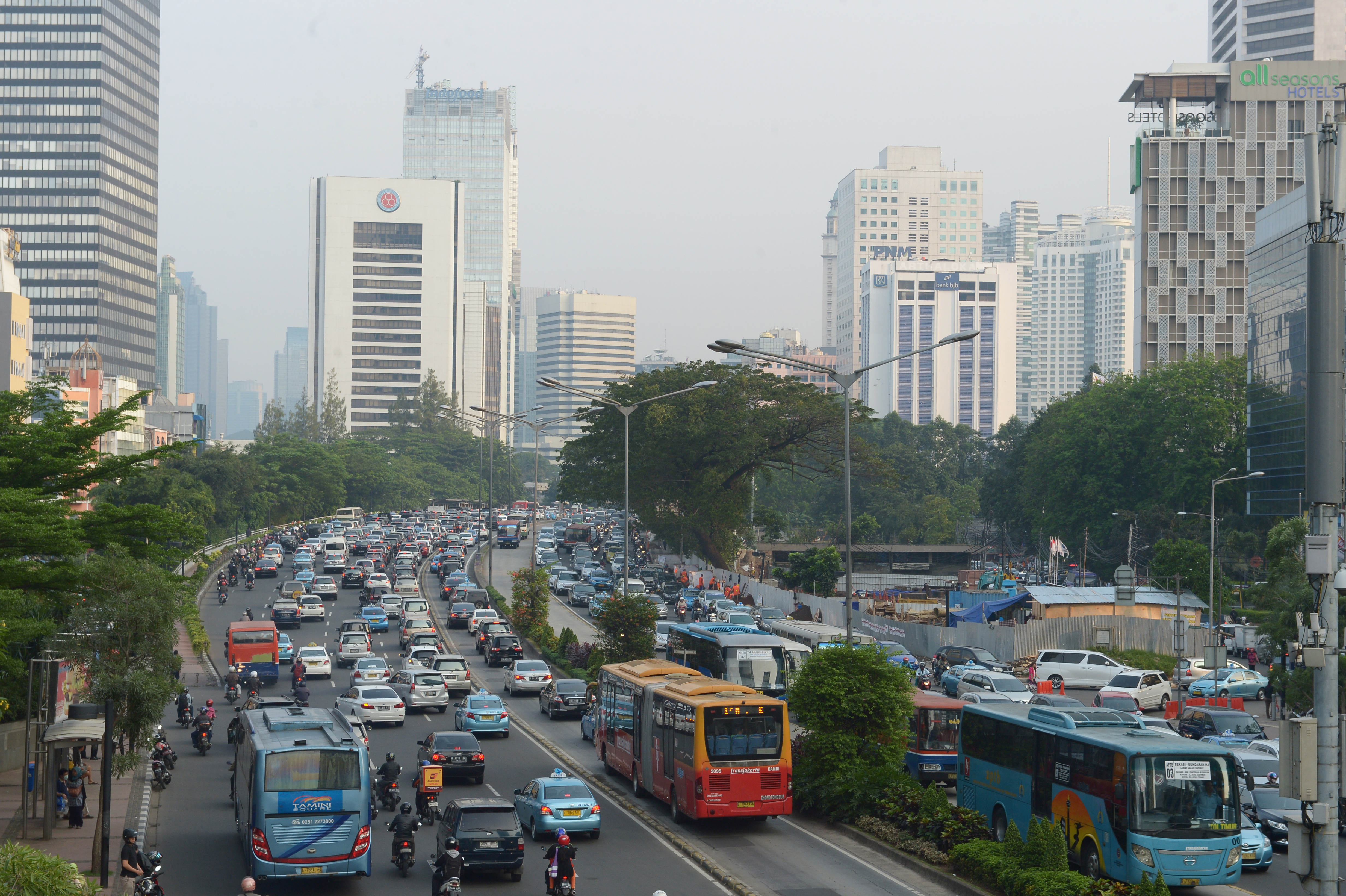Indonesia with a population of more than 250 million people is geared to transform its economic fundamentals in light of achieving a sustainable economic growth in the coming years. The year 2017 opened good for the country driven by strong stability, improved domestic fundamentals and supportive global environment.
The Southeast Asia’s biggest economy, which is celebrating its independence today, went through hardships during the 1997/98 economic crisis. The country was exposed to financial weakness during the crisis, which has caused investors to stay away from Indonesia’s financial market. However, the Indonesian market which was consumptive has transformed into a productive one driven by its robust foundation of national development. World Bank said Indonesia’s economy began in 2017 on a strong footing, helped by a more supportive global environment and improved domestic fundamentals. Economic outlook is positive due to a supportive global economy and strong domestic fundamentals.
The Bank said the country’s real gross domestic product (GDP) is projected to increase to 5.3% in 2018 from 5.2% this year. In the first quarter of 2017, real GDP growth strengthened to 5.0% (year-on-year), compared to 4.9% in the previous quarter, driven by a rebound in government consumption and surging exports. While inflation has risen due to hikes in electricity tariffs, it remains relatively low. Monetary policy continues to be accommodative.

World Bank’s estimates of Indonesian GDP
World Bank country director for Indonesia Rodrigo A. Chaves said Standard & Poor’s upgrade is a significant acknowledgement of the progress made by the government in improving fiscal management and credibility. commodity prices are providing some support. However, Indonesia must continue to make progress on structural reforms. Persistent efforts remain vital to expanding the economy’s potential and making it less reliant on commodity exports.
While, acting lead economist for the World Bank in Indonesia Hans Anand Beck said foreign direct investment is not contributing enough to increase Indonesia’s growth potential through physical and human capital development and productivity growth. The government should therefore re-evaluate restrictions, particularly those in the negative investment list, to encourage more foreign direct investment.
Indonesian President Joko Widodo in the state budget for 2018, said economic growth is targeted to reach 5.4% in 2018 and optimistic that the economic growth will be achieved through the support of sustained people’s consumption, increased investment and improved export and import performance. In 2018, the economic development will be geared towards cultivating the regional economies of Maluku, Papua, Kalimantan, Sulawesi, Bali and Nusa Tenggara through their connectivity with the Islands of Java and Sumatra, which have, for a long time, been the largest contributors to the national economy. Infrastructure improvement and development, both connectivity and energy availability, play key role in the efforts to achieve an equitable distribution of the economy. Furthermore, the development of the border areas has also been set as a priority of the government, so they can become gateways to international trade transactions and so they will not only lift the economy of the border areas but also the national economy altogether.
The inflation rate is projected to be sustained at a level of 3.5%, supported by the improvement of the national production capacity, price stability and a relatively low global commodity prices. Nevertheless, the impact of climate on food commodity prices has become a risk that needs to be considered, since climate is one of the factors that could cause an increase in the inflation rate. Strengthening the policy coordination on the monetary, fiscal and real sectors will naturally be pursued and improved upon to provide stronger support to ensure domestic price stability.
“We also continue to maintain just and equitable economic growth. We have ensured that our economic growth, which is 5% every year on average in the period of 2014-2016, is not only enjoyed by certain people but also by the whole Indonesian people,” Widodo said in his speech ahead of the 72nd Independent. This is the independence promises that must be immediately fulfilled namely protecting the whole Indonesian people and the nation, improving public welfare, educating the life of the people and in the establishment of a world order based on freedom, eternal peace and social justice. In the past three years, the government has been focused on alleviating poverty, reducing gaps and lowering unemployment rate. As a result, poverty level in Indonesia dropped from 28.59 million people in March 2015 into 27.77 million people in March 2017.
